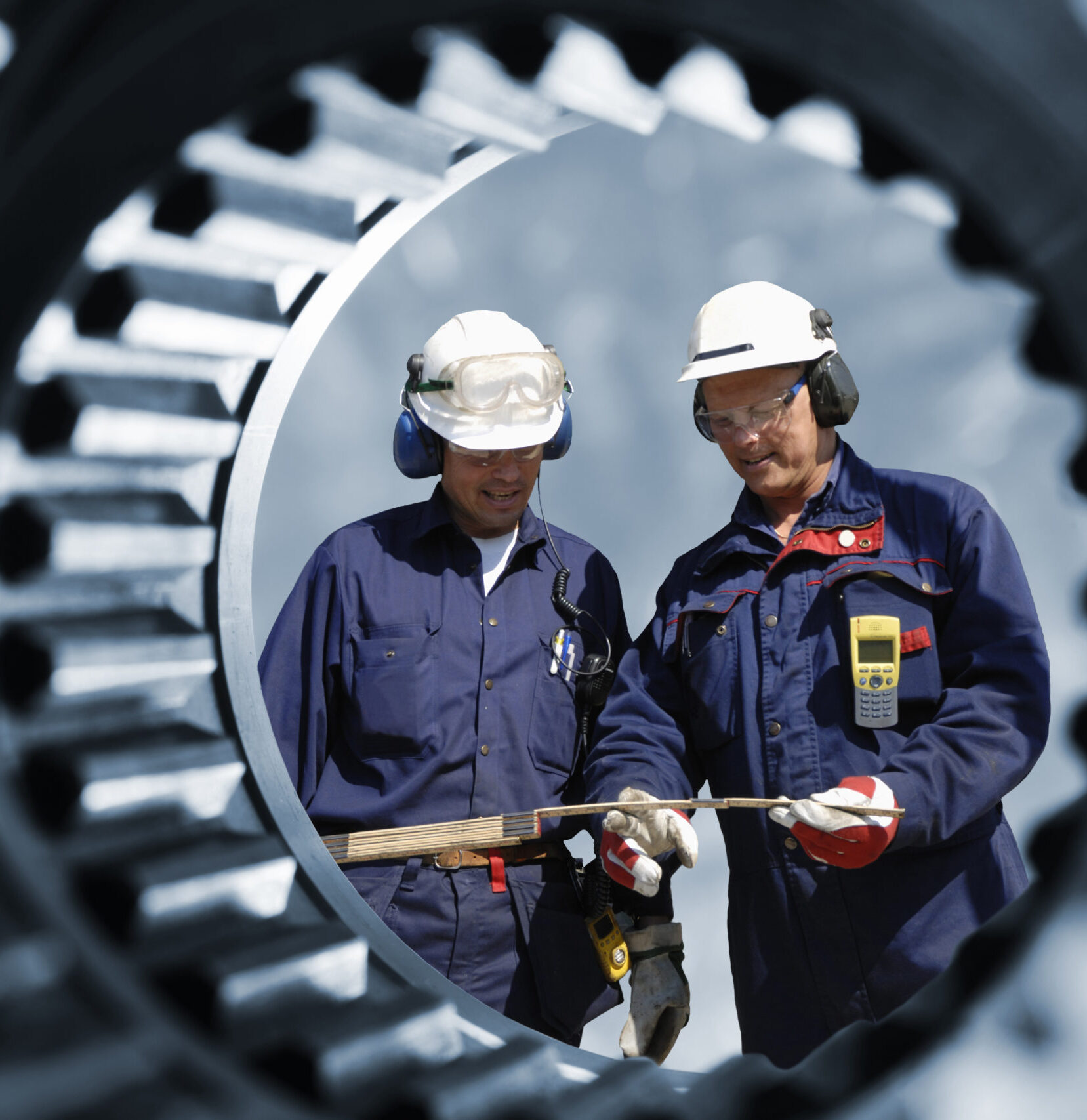Here in the skilled labor and engineering divisions at SkillsetGroup, we often see candidates making a career transition in engineering back and forth between aerospace industry and the medical device manufacturing industries.
Workers have always migrated between these industries; the regulatory burdens of the Federal Aviation Administration for aircraft and the Food and Drug Administration for medical devices mean both industries require a level of meticulousness and compliance not required in other manufacturing and engineering jobs.
But the so-called “Great Resignation” of 2021 coupled with ongoing skilled labor and engineering shortages mean engineers, welders, CNC techs and other professionals in these industrial sectors are enjoying a sellers’ market for their skills.

Are More Engineers Switching Careers Recently?

This market phenomenon is accelerating in 2021 because many aerospace workers are still shell shocked from the airline lockdowns of the 2020 COVID-19 crisis. During the same time period, they watched medical device industry revenues and production soar. Though the numbers aren’t in yet for 2020, in 2019, 469 medical device manufacturers employed 12,578 people in Los Angeles County, alone, at an average salary of $97,041. This is driving a sizeable career transition in engineering from the former to the latter.
(These numbers are from Biocom California, a life sciences industry trade group.)
Conversely, the pandemic put more than 220,000 aerospace jobs at risk.
By May of 2020, 17,000 aircraft worldwide were in storage -- 60 percent of the global fleet, compared with only about 1,500 commercial planes in storage at any given time during normal years, according to the Aerospace Industries Association.
This is probably one reason we’re seeing an increase in job-switching chatter on the professional chat platforms and industry forums we constantly monitor for high-quality recruits and industry intelligence.
“Is it difficult to transition from aerospace industry to medical device industry?” asks an engineer on Reddit who goes by the handle Sleeping on My Pillow. “My background is mechanical engineering and have been working for a major aerospace company for four years. I have got only one phone interview and no job offers after a few dozens of applications at a few different medical device companies. Has anyone done this kind of transition before? What can I do to improve my chances?”
An medtech R&D manager answered:
“In my location there are few aerospace candidates, but candidates for highly regulated industries like aero are very successful in general,” they said. “Are you applying for the right roles? Level match experience? Role match required qualifications? How are you explaining your transition? How are you pitching your marketable skills?”
How Should Engineers Present Skills on a Resume for Transitioning Industries?
This cuts to the heart of the issue: If you want to make the career transition in engineering from one industry to another, how do you best present your skills? Whether you’re transitioning from medical devices to aerospace or vice versa, make sure you highlight the raw skills that will translate between the industries.
“I switched from medical to SpaceX,” writes an engineer on Blind, a forum for professionals to anonymously discuss work matters. “Both industries have similar quality, reliability, and system design concepts. Aerospace is less risk-averse, and in my experience better at designing and building real things because they have a more productive relationship with regulator and customer stakeholders. Sell, sell, sell your experience; it's highly relevant!”
That said, you’ll have to be judicious about which jobs you’re applying for to make sure your application doesn’t go in the trash at first glance.

For instance, as of August 2021, Johnson & Johnson’s website listed a job as a senior R&D engineer for shoulder reconstruction at it’s owned-and-operated device manufacturer DePuy Synthes Instruments. The list of requirements could apply to any experienced engineer, except for the following:
- “Demonstrated success in the concept generation, design and development of Class I-II medical devices, specifically experience with orthopedic devices is required.
- “Experience with computer assisted surgery technologies like robotics and navigation is preferred.
- “The ability to work within a cadaver lab and operating room setting is required.”
This is an example of a job you may not want to waste your time applying for. Even if you’re highly accomplished as an aerospace engineer, it’s doubtful you have any experience with surgical robots or orthopedic implants.
Furthermore, if you’re ever exposed to a cadaver in the aerospace industry, something has gone horribly wrong.
Other skills like Six Sigma Black Belt, advanced supply chain management training, experience working in a “highly matrixed global organization” can translate across industries. These are some skills Johnson & Johnson lists in a posting for a “supply chain improvement leader” at DePuy Synthes Instruments.
Though this job description mentions biomedical industry education and experience is preferred, the posting focusses more on general skills related to supply chain management.
So, in this example, if you have supply chain management experience in the aerospace industry, that experience procuring multiple kinds of materials for complex manufacturing endeavors should translate nicely to the medical device industry.
Providing context by highlighting problems you solved in previous positions using your skills is always a good resume technique. When you’re transitioning between industries, this is especially important. If your skill set doesn’t exactly translate from aerospace to medical devices or vice versa, you’ll need to demonstrate why that won’t be a problem in this potential new job.
In the latter job post example, if you have mastered continuous improvement frameworks, Six Sigma frameworks and agile management practices, you may have a leg up on other candidates, even without a biomedical background.
For further assistance in changing careers, call me at 877-272-6950 or email me at jlopes@SkillsetGroup.com. Our expert recruiters can help you craft your resume, get it in front of major corporations and increase the chances we find you a lifelong career together.
"Switching from Medical Device to Aerospace Industry"
Blind thread
July 2021
"Transitioning from Aerospace to Medical Device"
Reddit Thread
March 2021
"Biocom Economic Report: LA County Summary 2020"
Life Sciences Association of California
Biocom.com
2020
“Overcoming COVID-19: Aerospace and Defense’s Road to Recovery”
The Aerospace Industries Association (AIA)
Oct. 2020

